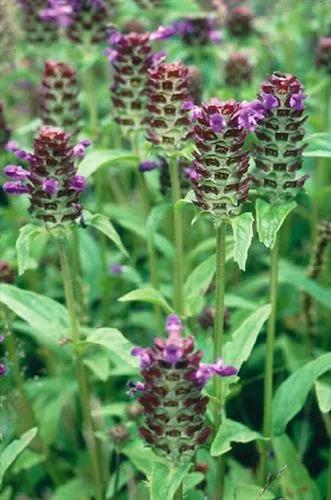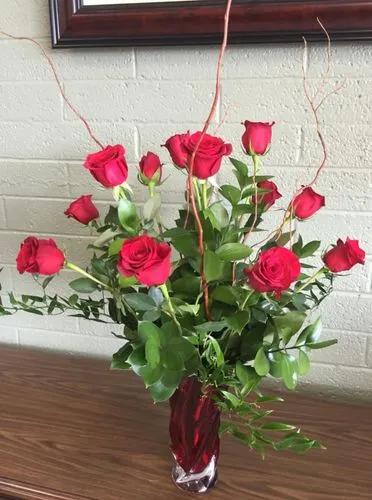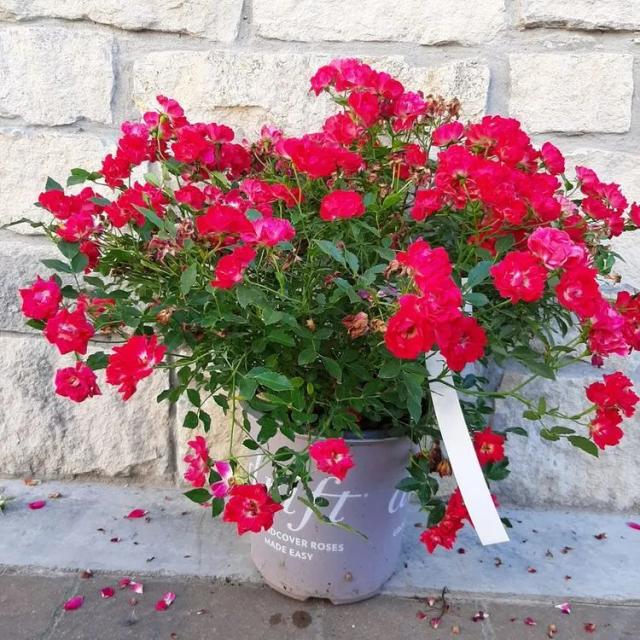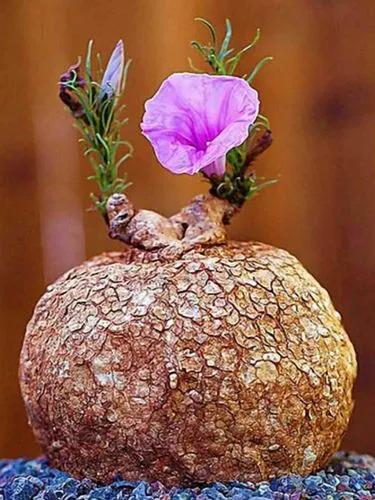Phlox divaricata, the wild blue phlox, woodland phlox, or wild sweet william, is a species of flowering plant in the family Polemoniaceae, native to forests and fields in North America. Cultivated varieties can have blue, lavender and white flowers.
Wild blue phlox Care
Phlox divaricata



Phlox divaricata, commonly called woodland phlox, is a spreading, native wildflower which forms mats of foliage with stems typically reaching 12-15" tall. As the common name suggests, this is a woodland species which occurs in rich woods, fields and along streams. Loose clusters of slightly fragrant, tubular, lilac to rose to blue flowers (to 1.5" wide) with five, flat, notched, petal-like lobes that appear at the stem tips in spring. Stems are both hairy and sticky. Lance-shaped to elliptic leaves (to 2" long). Can form large colonies over time as leafy shoots spread along the ground rooting at the nodes. The genus name is derived from the Greek word phlox meaning flame in reference to the intense flower colors of some varieties. Specific epithet means spreading.
How to Care for the Plant

Water

Keep the soil of woodland phlox evenly moist.

Fertilizer

Work compost into the ground around your plant annually in spring.

Sunlight

Phlox divaricata grows best in light to medium shade.

Soil

It is grown in rich, moist, well-drained soils, but it is adaptable and tolerates both dry and clay soils.

Temperature

The plant can be found in the areas with the lowest winter temperatures of −40°C (−40°F).

Popularity

713 people already have this plant 158 people have added this plant to their wishlists
Discover more plants with the list below
Popular articles






